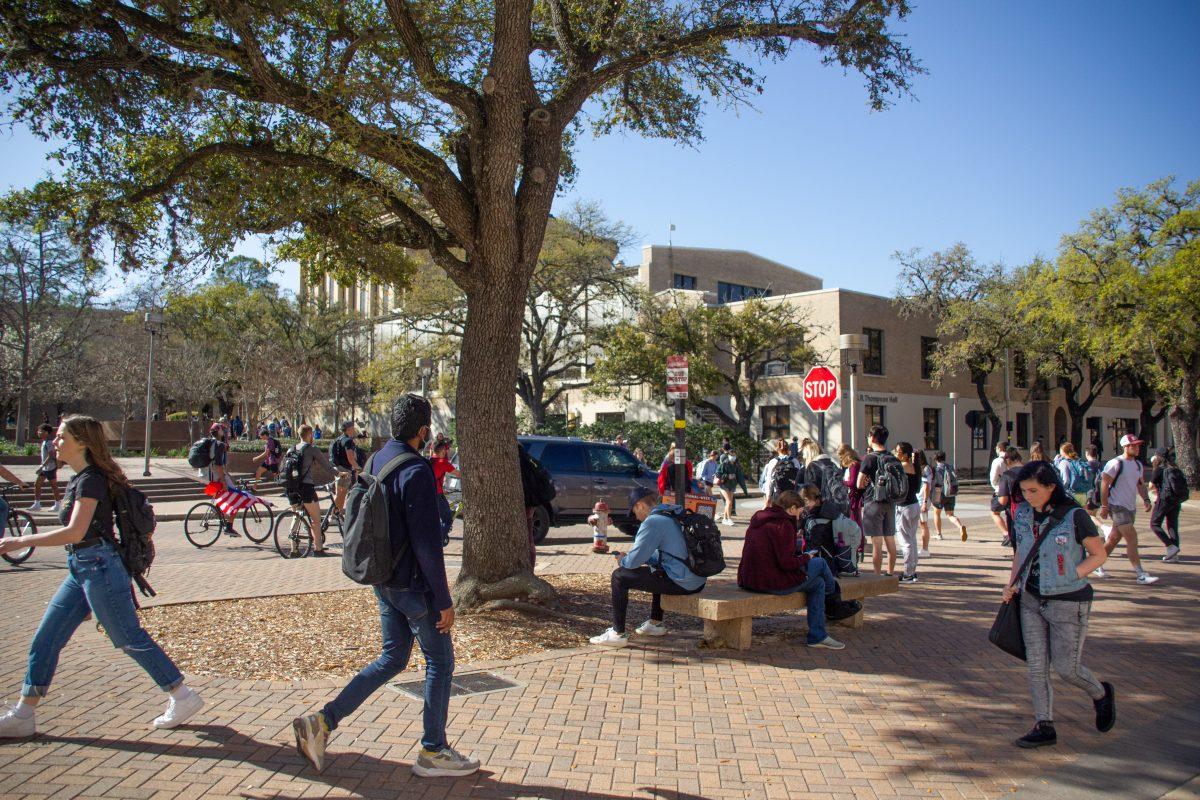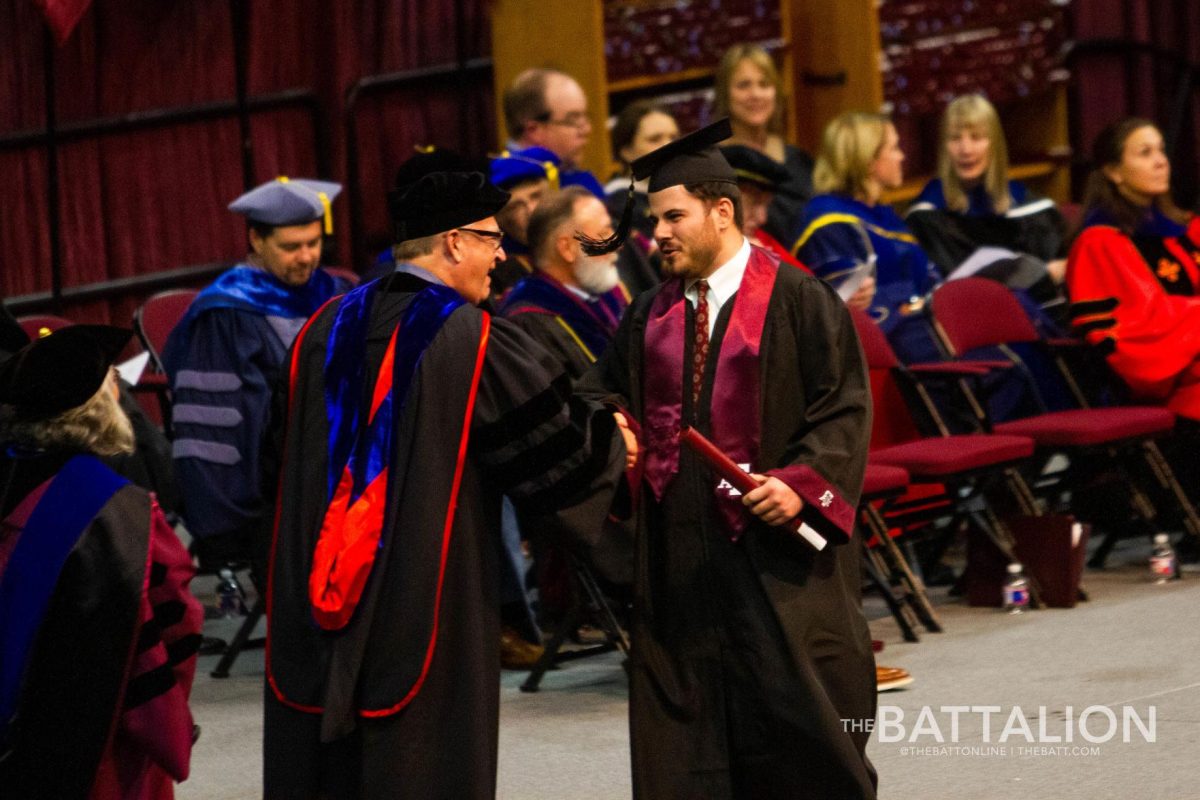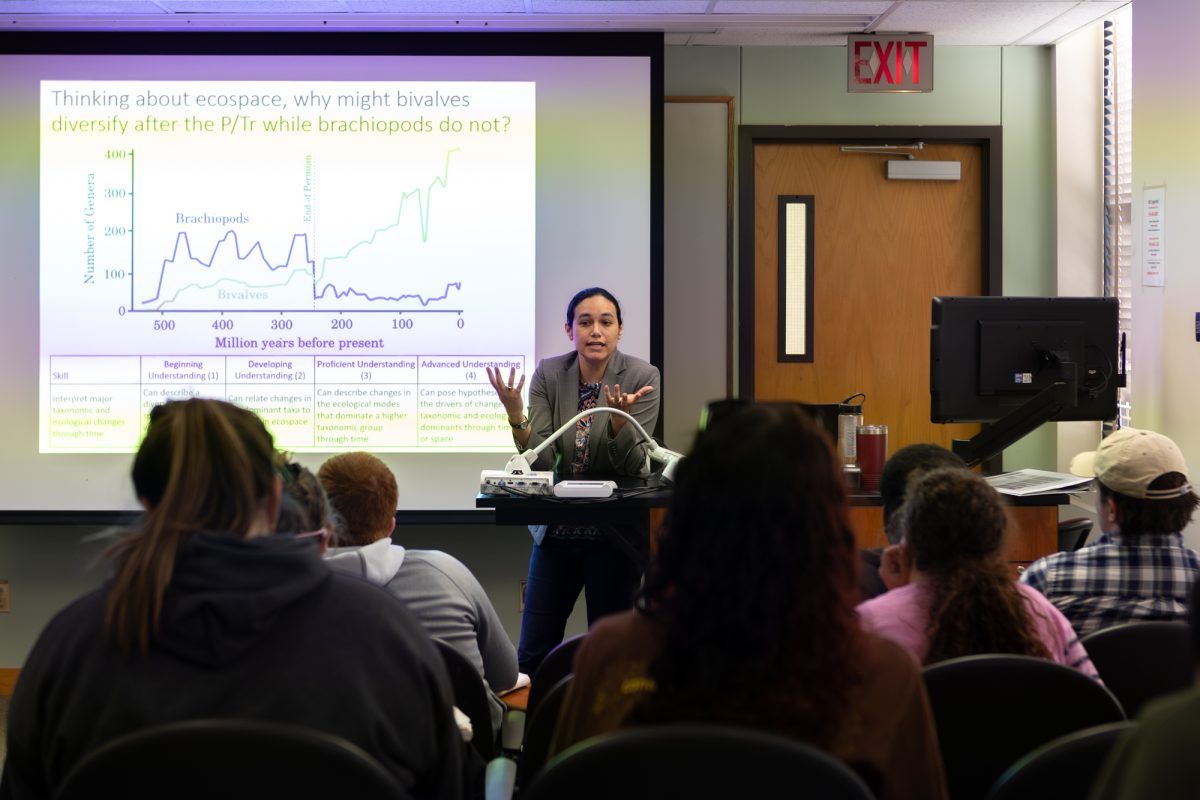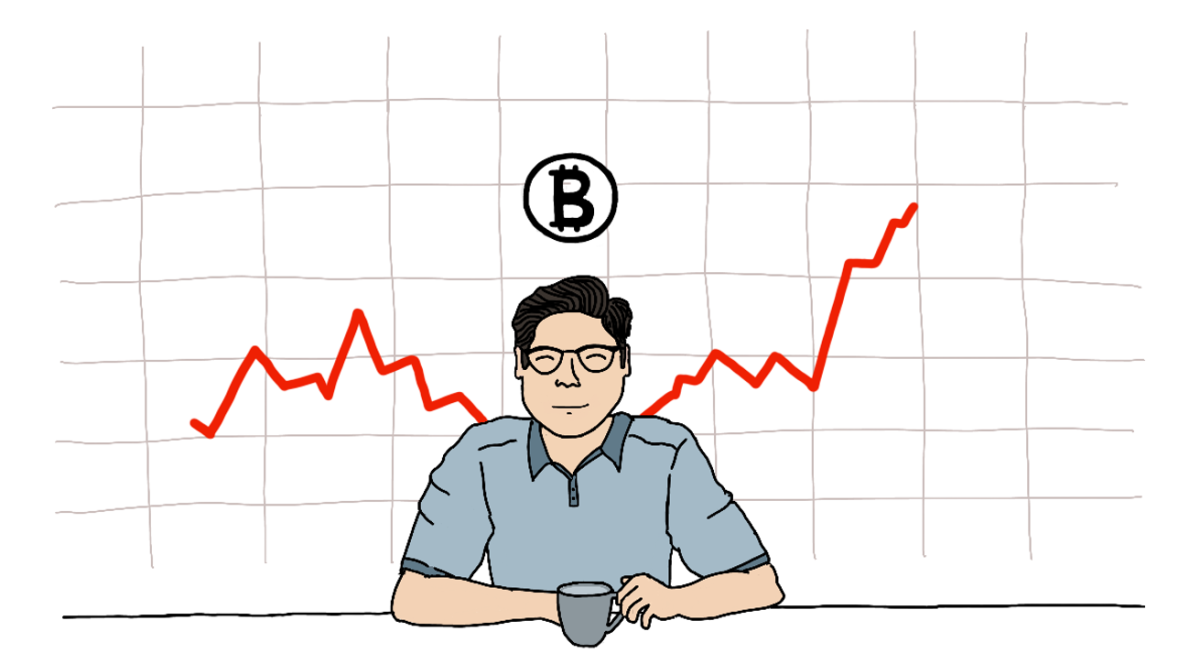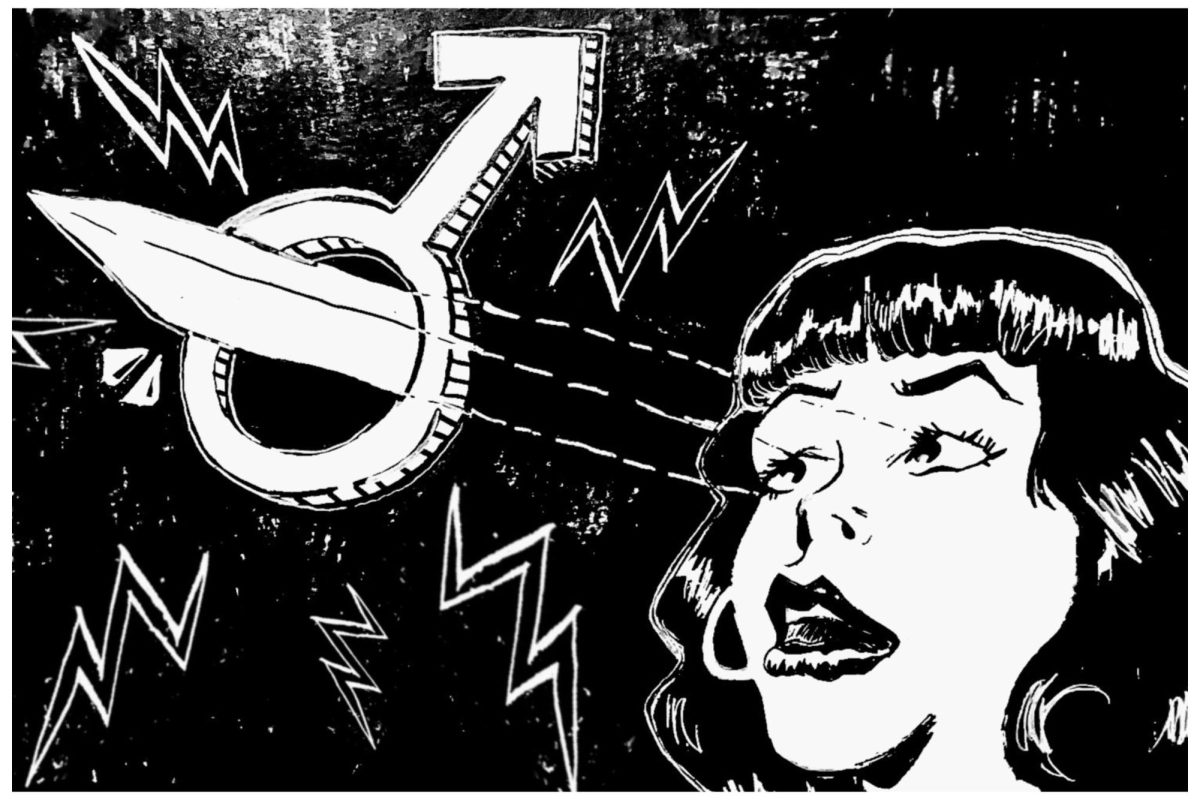Everyone wants to be happy, but how does one achieve this?
In the spirit of efficiency, I decided instead of laboriously toiling over this profound question for another 10 years, I’d go straight to the source and ask our own lovely Texas A&M students: “What makes you happy?”
“I have a lot of hobbies … because I don’t have friends,” English freshman Autumn Wilburn said. “So, I have to make up that time.”
As a fellow introvert whose main hobby is reading, I proudly relate. Still, the hours I spend sucked into a fantastical world learning about the lives of characters I will never meet usually leaves me feeling more empty when the book is over than when I started.
Meanwhile, biology freshman Daniel Jiang said “good food” made him happy. Alas, while food will certainly bring me to my knees, I am neither rich enough to buy good food nor skilled enough to cook it for myself.
On the other hand, finance sophomore Moulik Mishra said, “[I’ve] gotta be like the finance bro … the pain of others.” Though I’m also an economics major, I regretfully do not share the sentiments of the clearly superior finance majors.
Good food, live music, Deadpool, coffee, writing, scrapbooking, going to bars, flying Cessnas, spending time with friends and family — all things that make us happy, yes, but only while doing them. Despite the many students I interviewed, I couldn’t seem to find the one answer on how to maintain happiness.
That’s because I was asking the wrong question.
It shouldn’t be how can you be happy, but rather how can you find meaning. Meaning is why we get out of bed every morning. It’s what gets us through the hard times, regardless of whether we’re happy or sad. So, how do we uncover this elusive but valuable motivation?
When asked what made him happy, math lecturer John Fisk said it was his desire to help people in all aspects of life.
“Helping people reach a deeper level of understanding than they previously had,” Fisk said. “That can be in math topics or in life.”
History assistant professor Trent MacNamara explained the joy he gets from raising his five kids.
“I like the fact that they give me a form of worthwhile work — that they’re not just pure entertainment,” MacNamara said. “I feel like I’m building something that has ups and downs, challenges, but ultimately gives me something transcendent.”
Notice the difference between the answers the professors gave versus the students’? When prompted with what makes them happy, the professors automatically gave an answer in which they found meaning. This is likely because over time we naturally realize the frivolous, fleeting nature of what makes us happy when we are young is not enough to get us through dire circumstances in life.
While it’s comforting to know we’ll most likely find meaning through trial and error over time, my conversations with these faculty members showed me how the search for meaning is much more than a one-time high. It’s a continuous project.
You must acknowledge that happiness alone is not sustainable.
Happiness, by definition, cannot be experienced if you’re suffering. Yes, spending time with friends can make me happy, but only when I’m with them. They can’t help me when I inevitably have to spend six hours in my cave of depression studying for my math test that I put off for said friends. Sure, buying a new book or decorations I don’t need always makes me feel better, but that will quickly go away once I see the negative signs in my bank account.
While most of our suffering is minor and manageable, we tend to ignore the fact that we are forever at risk of descending into periods of great hardship. It is this inevitability of unhappiness, extreme or not, that prevents these things that make us “happy” from keeping us that way. In other words, our definition of happiness is not enough to endure hardship and therefore cannot ultimately sustain us.
Happiness is fleeting, but meaning will stay regardless of whether you’re happy or not — and only this will get you through this chaotic, often cruel world.
It’s not about attaining meaning, but pursuing it.
Most people believe it is the attainment of certain goals that cultivates meaning, when in fact, it’s the continual struggle towards them that matters most.
Goals are only of value because the path to them sculpts who you are as a person — the goal itself is secondary. If we spend our whole lives chasing dreams, we won’t realize we were living in one all along until it’s too late.
Additionally, sometimes our goals no longer move us forward; they may have only been appropriate for a stage of our development we have outgrown.
For instance, you may have gotten a partner in high school with the goal of building a successful relationship. By college, however, you’re completely different people and staying in that relationship will no longer contribute to your path in life.
When I was little, I wanted to be a doctor. Now, I want to be a lawyer. The doctor did not change: I did.
“We do not strive to be bankers, nor policemen, nor doctors. We strive to be ourselves.”
It is not attaining our goals that gives us meaning, but who we become in the process. The purpose is in the journey of life, not its destination.
Happiness is a temporary distraction from the hardships of life, but meaning is a means of getting through suffering, your ‘why’ to live.
She who has a why can bear any how.
Isabella Garcia is an economics sophomore and opinion writer for The Battalion.

















